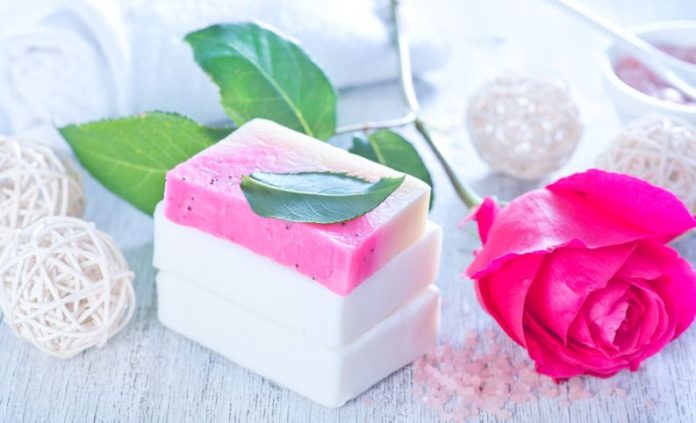The market in beauty products has grown significantly in the last 25 years but in the last 10 years there has been an increasing interest in the ingredients contained within the lotions, creams and potions we apply so liberally to our skin – the largest organ of our human bodies.
Many main stream manufacturers still include a range of not so natural ingredients in their products:
– waste products from the petrochemical industry
– lead and other heavy metals
– products extracted from animal carcasses
Many of these ingredients are given scientific sounding names. While the cynic may say this is a deliberate attempt to confuse the consumer, a more charitable view is that this is done in pursuit of accurate labeling.
As a result of the heightened awareness of health matters and the confusion concerning ingredients and labeling, a new sector of this lucrative market has arisen. The need for natural skin care and cosmetics.
But just how natural is natural?
Many consumers require natural ingredients but are not prepared to accept the necessary compromise in product performance.
A classic example is with the ingredient Sodium Lauryl Sulphate. This is a synthetic detergent derived from coconut oil and it appears in a wide range of shampoos, bath products, toothpastes and liquid soaps.
It is what gives these products the luxurious bubbles and lather to which we have all become accustomed. A number of studies have suggested that this ingredient is harmful and many consumers now seek products containing an alternative.
Manufacturers then developed Sodium Laureth Sulphate, which is considered less irritating than Sodium Lauryl Sulphate. When this was condemned, Ammonium Laureth Sulphate and Ammonium Lauryl Sulphate were substituted.
Once again these are synthetic detergents developed from coconut oil and they are still considered to be an irritant. Some studies have also suggested they may be carcinogenic.
Unless consumers have a knowledge of bio-chemistry it is almost impossible to discern what ingredients are natural and what are not. The SLS saga is but one example of this confusion.
It is ironic that a number of “natural” manufacturers aggressively promote their products by denigrating the products of competing companies – despite the fact that the ingredients they contain are essentially the same.
Consumers need to make themselves aware of the real meanings behind the mysterious names on their cosmetic bottles and jars and educate themselves about the various aliases they are likely to encounter.
Depending on the reasons for wanting to purchase natural products, some ingredients may be more acceptable than others.
Take Lanolin for example. Lanolin is extracted from the fleece of sheep. It has been shown to contain a large number of chemicals used to kill parasites that may live on the sheep.
Many eczema sufferers find that treatment with lanolin based products – despite the chemicals – helps to reduce symptoms.
The benefits of Lanolin treatment outweigh the disadvantage of potential contaminants. This is a value judgment that individuals will need to make.
Of course, one of the best ways to ensure that your products are natural is to make them yourself. There is a growing number of companies providing organic based ingredients to facilitate home manufacture of products.
Natural cosmetics are surprisingly easy to make in the home using nothing more than regular kitchen equipment. This may be an alternative worth checking-out.

